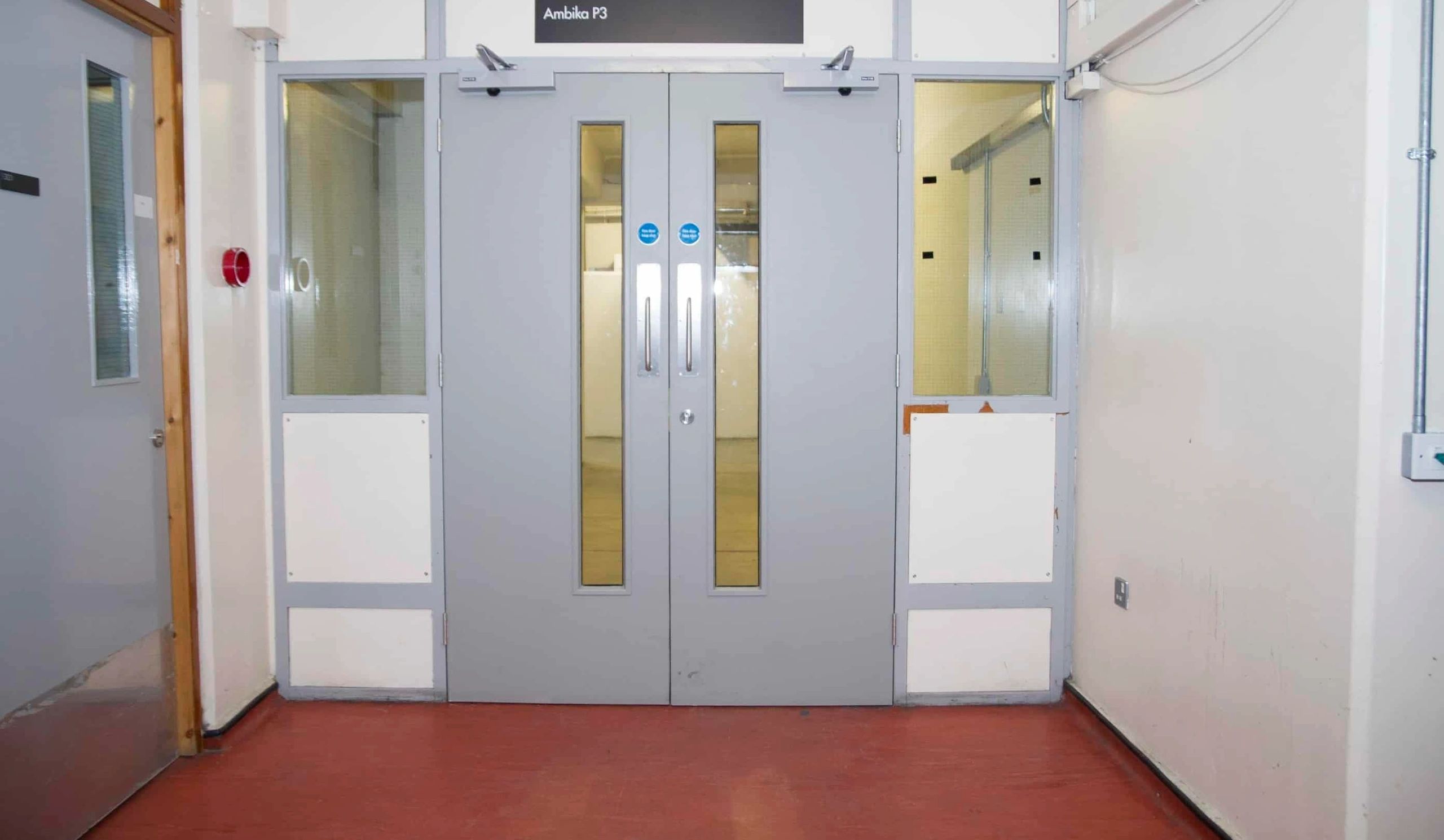When it comes to safeguarding our homes, we often overlook how critical access and egress are during emergencies. Have you ever wondered, “Can the fire department unlock my house door if I find myself locked out?” It’s a question that stirs curiosity, reflecting how we perceive the role of firefighters in our communities. This discussion will explore the multifaceted responsibilities of fire departments beyond extinguishing flames and answer that very question about unlocking doors with clarity and depth.
First, we need to establish the core function of fire departments. Traditionally, their primary mission revolves around fire suppression and the protection of life and property from fire hazards. However, modern fire departments have evolved immensely, expanding their services to include a variety of emergency responses, public education, and preventative measures. Perhaps it’s this evolution that prompts many to wonder whether firefighters can help them gain entry when locked out of their homes.
Let’s dissect the scenarios where one might require the assistance of the fire department for unlocking a door. Generally, the fire department routinely assists in emergencies involving life safety. If you find a loved one unresponsive inside the home and cannot gain entry, firefighters are compelled to act. They possess the necessary tools and expertise to break down doors or utilize other methods to access the interior swiftly. Their obligation to protect life outweighs the concern over property damage in such critical situations.
In contrast, when it comes to non-emergency scenarios—like simply being locked out after forgetting your keys—the answer becomes more nuanced. Fire departments don’t typically offer lockout services akin to those provided by locksmiths. Their resources and time are better spent responding to life-threatening situations rather than aiding individuals who may have misplaced their keys. This distinction often leaves residents pondering who to call in a moment of need.
If we delve deeper into why fire departments refrain from unlocking doors during non-emergencies, we encounter several compelling factors. First and foremost is the principle of prioritization. Firefighters must be ready to respond to emergencies at any moment, and diverting their attention to lockouts can hinder their ability to maintain readiness. The equipment and personnel are inherently finite resources that need to be allocated wisely in serving the community’s most urgent needs.
Furthermore, there are liability concerns. Misunderstandings may arise. Suppose a firefighter attempts to unlock a door and inadvertently damages the lock or enters a distressed situation incorrectly. In that case, potential lawsuits could surface, involving both the homeowners and the fire department. This risk is another compelling reason for firefighters to avoid engaging in lockout situations unless lives are at stake.
So, what should a person do if they find themselves locked out? The practical answer is to contact a locksmith or a professional lockout service. These trained individuals specialize in a variety of lock mechanisms. They can safely and quickly help you regain access to your home without damaging your property. It may seem mundane, but understanding the professionals equipped to handle such situations can save time and frustration—after all, having the right resources at your disposal is paramount.
It’s worth noting, however, that not all situations are black and white. In some communities, specific fire departments may offer lockout assistance as part of their community outreach program, especially for vulnerable populations such as elderly residents. This compassionate approach aligns with their commitment to assist those in dire need, thus embodying the spirit of community service. As resident dynamics shift and the needs evolve, such initiatives reflect the ongoing dialogue between fire departments and the communities they serve.
Moreover, there are instances where knowledge of your local fire department’s policies regarding lockouts could prove beneficial. In some areas, firefighters might conduct presentations or educational workshops about emergency preparedness, including topics on how to handle lockouts effectively. Such engagements foster an enriching relationship between fire departments and the public, promoting an informed community that understands available resources.
This situation invites us to reflect upon our perceptions of fire services. Are we oversimplifying their roles by merely associating them with firefighting? Their existence is an invaluable resource for community safety and education, and understanding their breadth of service can help demystify their functions. Incorporating nuanced knowledge into how we perceive these heroes can lead to a more cohesive partnership between citizens and first responders.
In light of the above, when standing outside your home pondering if the fire department will assist with unlocking your door, it becomes apparent that their mission lies far beyond the mere act of unlocking doors. It embraces a commitment to life and safety, underpinned by the understanding that their resources are best allocated toward preserving life and protecting the community from immediate threats.
In conclusion, the conundrum of whether the fire department can unlock your door leads to a larger discourse about understanding emergency services. While their primary focus is to save lives and protect properties, knowing when and how to seek their assistance—and when to call a locksmith instead—can empower residents. So next time you’re in a predicament, armed with this knowledge, it might not only change your perspective but could also help you to react swiftly and appropriately for the best outcome.
